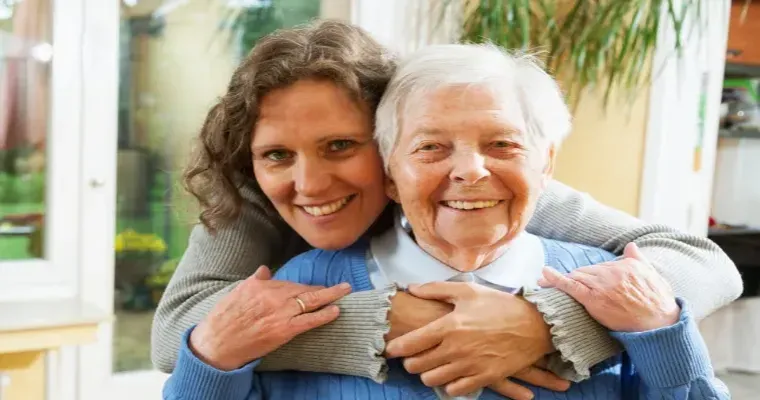Deciding whether your "elderly loved one" should move in with you is a significant choice that impacts both their well-being and your family's dynamics. As our loved ones age, they may require more assistance, prompting families to consider the possibility of cohabitation. This article explores the benefits and challenges of having an "elderly family member" live with you, helping you make an informed decision.
The Benefits of Moving In
1. "Improved Care": One of the primary advantages of having your "elderly loved one" live with you is the ability to provide consistent care. This arrangement allows you to monitor their health and ensure they are taking medications as prescribed. You can also assist them with daily activities, such as cooking, cleaning, and personal hygiene.
2. "Emotional Support": Aging can be a lonely experience, especially if your loved one is living alone. By moving in with you, they gain companionship, reducing feelings of isolation and loneliness. This can significantly improve their mental health and overall quality of life.
3. "Cost Savings": Living together can lead to financial benefits. By combining resources, you may save on expenses related to housing, utilities, and groceries. Additionally, it can reduce the need for expensive in-home care services or assisted living facilities.
4. "Family Bonding": Having an "elderly family member" in your home can strengthen family bonds. It provides opportunities for shared experiences and memories, allowing for a deeper connection among family members.
The Challenges of Moving In
1. "Space Considerations": One of the first challenges to address is whether your home has enough space to accommodate your "elderly loved one" comfortably. Consider whether you have a separate room for them and if your living arrangements can cater to their needs, especially if they require mobility aids.
2. "Lifestyle Adjustments": Integrating an "elderly loved one" into your household may require lifestyle changes for everyone involved. Daily routines may need to be adjusted to accommodate their needs, which can be a source of stress for both parties.
3. "Caregiver Burnout": Taking on the role of a caregiver can be rewarding, but it can also be exhausting. It's essential to recognize the signs of caregiver burnout, which can affect your physical and mental health. Finding a balance between your responsibilities and personal time is crucial.
4. "Loss of Independence": Your "elderly loved one" may feel a loss of independence when moving in with family. It is essential to address their feelings and ensure they still have opportunities to make decisions and engage in activities they enjoy.
Making the Decision
Before making the decision, it is vital to have open and honest conversations with your "elderly loved one" about their preferences and concerns. Involve them in the decision-making process to ensure they feel valued and respected. Consider their health needs, emotional well-being, and the family dynamics involved.
It may also be helpful to explore alternative options, such as "assisted living facilities" or in-home care services, to determine what best suits your loved one's needs. Remember, the aim is to ensure their safety and happiness while maintaining a harmonious family environment.
Conclusion
Choosing to have your "elderly loved one" move in with you can be a beautiful and rewarding experience, but it requires careful consideration of the benefits and challenges involved. By weighing the pros and cons and involving your loved one in the decision-making process, you can create a living arrangement that fosters relationships, provides care, and enhances the quality of life for everyone involved.





